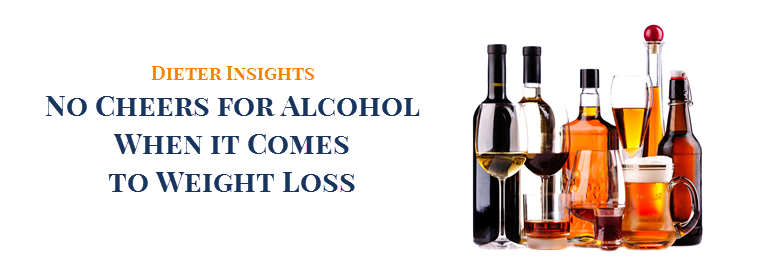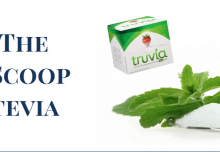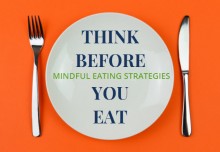No Cheers for Alcohol When it Comes to Weight Loss
Heavy consumption of alcoholic beverages may increase your risk of diseases and lead to excess belly fat.
We’ve all heard the reports about alcoholic beverages being either healthful or harmful to our bodies. Here’s a closer look at the latest research and scientific thinking on alcohol consumption.
Most people consider alcoholic beverages reasonably safe when responsibly consumed by a healthy adult of legal age. While some popular studies suggest that red wine (when consumed in moderation) may be beneficial in lowering the risk of stroke or heart attacks, other studies suggest alcohol is harmful to your health. Among the less favorable studies, research has shown a troubling connection between alcohol consumption and increased inflammatory conditions of the body. Buttress this with the fact that several well-known studies have proven a definite relationship between excessive alcohol consumption and liver disease–and several other serious health conditions.
Moreover, alcoholic beverages are both highly addictive and mind-altering–giving us two more important reasons why these beverages should be considered truly unhealthy for our bodies.
Science is now providing greater insight into the relationship between alcohol consumption and weight gain. Researchers believe excessive alcohol consumption is a major contributor to weight gain. Alcoholic beverages act as a potent suppressor of our body’s natural fat burning process, resulting in concentrated stores of fat in our bellies. Hence the expression “Beer Belly.”
One particular study of adult males who drink more than three alcoholic beverages per day found these drinkers were 80% more likely to have more belly fat than those consuming less. Findings further suggest that the quantity of alcohol consumed within a 24-hour period also plays a key role in the accumulation of excess belly fat. Drinkers who consumed less than one drink per day had the least belly fat. and those who drank less often, but consumed four or more drinks in a day, were more likely to have excess belly fat, too. Further exacerbating these propensities, is the fact that individuals are also more likely to overeat when under the influence of alcohol.
While many people view alcoholic beverages as a recreational pleasure, they should also be mindful that it comes at a steep price. When considering alcohol’s more “pleasurable” effects, it is important to weigh the growing indications that these adult beverages yield far more unhealthy effects on our bodies and minds, too.
Learn more diet insights from BodyTech’s diet and weight loss experts in Rockville, MD. Sign up for our FREE introductory seminar.







